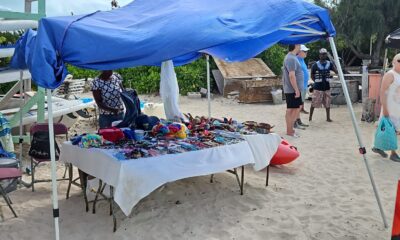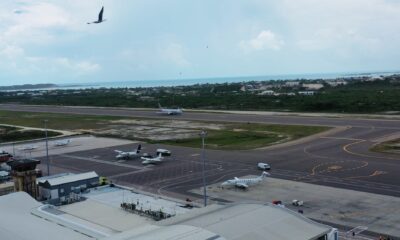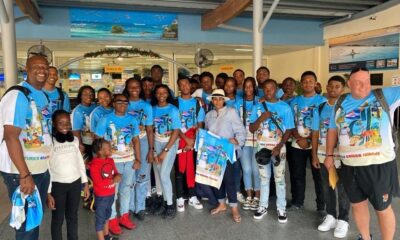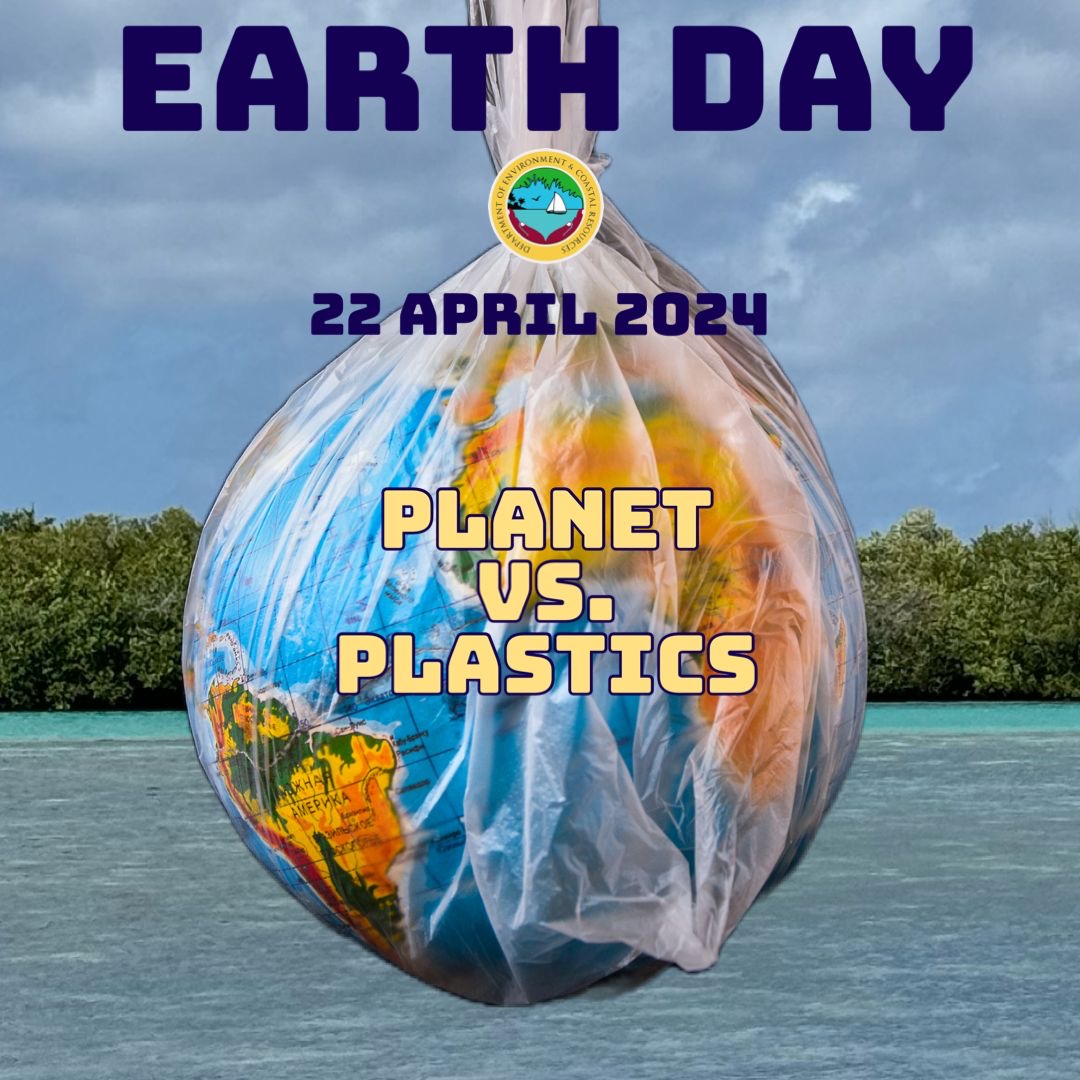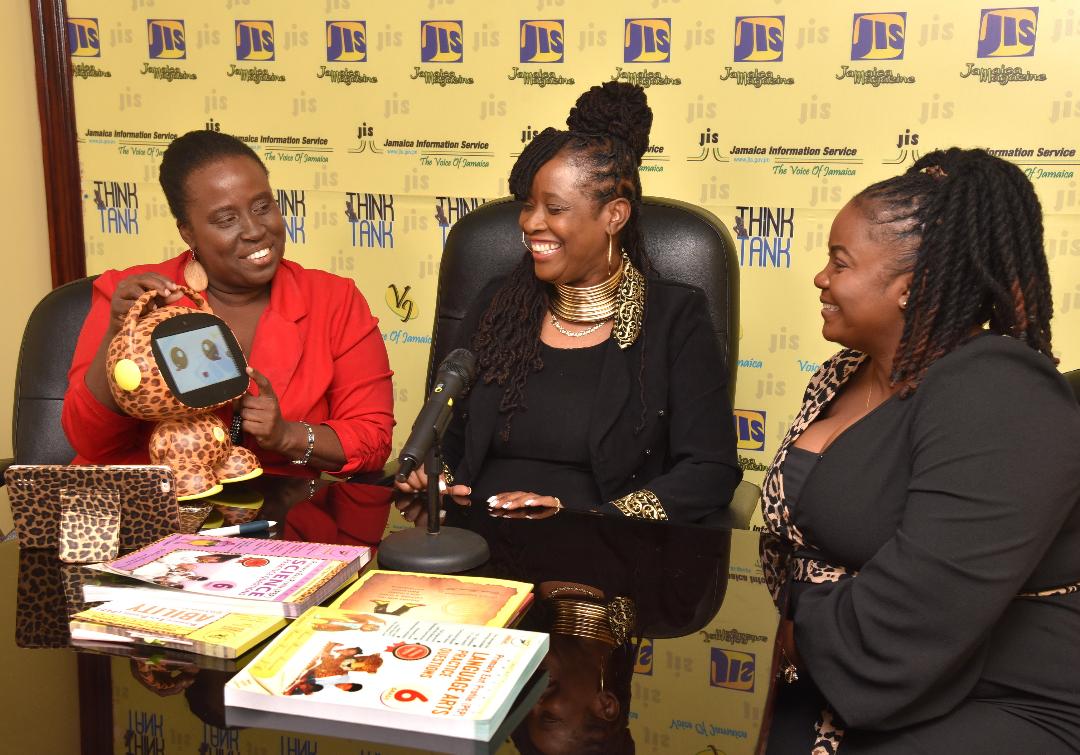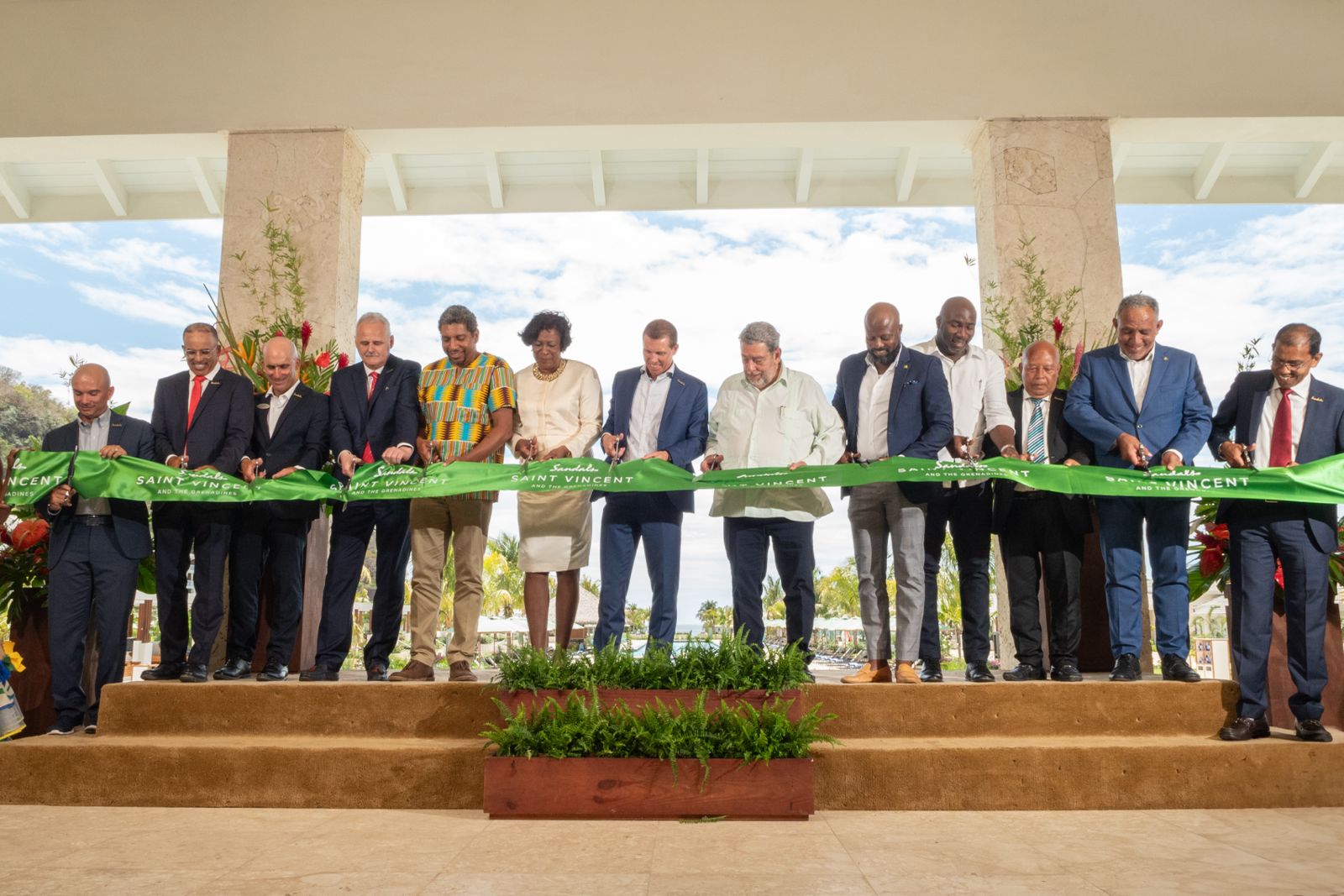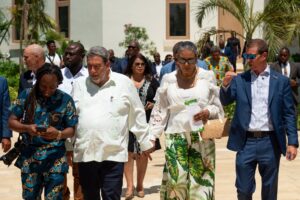#TurksandCaicos, February 24, 2021 – Three women ran on the Progressive National Party (PNP) ticket and all three of those women have won their bids. All three of the women are also now appointed to the Cabinet of the country and will be the only women in the House of Assembly as elected officials.
The PNP frontline ladies
spoke to the Magnate exclusively on Saturday following official news of the PNP’s
14 to 1 victory in the 2021 General Elections; the elation was palpable.
“It is an avalanche
victory. I feel very happy, I’m excited
and this could not have been done without the people of the Turks and Caicos
Islands and for that, I want to say, thanks for their love and support over the
years and I come for this wo’k,” said Josephine Connolly, third All Island
member who is now the Minister of Tourism.
In the all island
category of voting where the PNP emerged holding all five top spots and where the
nearest PDM contender was some 600 votes behind the PNP’s lowest performance;
it is agreed there was a message in the rejection by Voters of another PDM term
in office.
“This says that the
people wanted a change. That the people
were not satisfied. We felt their
pain. We told them that we could fix it
and they have voted us in, so that they can get on and fix this country,” said
Connolly who defected from the PDM in 2017, joining the PNP two years later in
2019.
Akierra Missick was an expected seat for the PNP; consistently turning in strong results and good performance and positive reviews from her constituents. Still, her margin of victory in the February 19, 2021 run-off was widened.
“I feel good. I feel
that our team has worked very, very hard for the people of the Turks and Caicos
Islands. I want to say to the people of Leeward and Long Bay; thank you for not
only putting your trust in me but in our entire time and because of that six
MPs (from Providenciales) will be proud to represent you in Parliament, but
more importantly be your administration.
Affectionately called,
“AK”, the stand-out Turks and Caicos Islander was under 30-years old when she
became the deputy premier of the country.
This time, under 35-years old, she becomes the leader of government
business in the House of Assembly and the first woman to take on the
Infrastructure, Housing, Planning and Development portfolio as its Minister.
“We celebrate in our
yellow today, said a smiling AK who was donning a yellow PNP golf-styled shirt,
“but once we form the administration, trust me we are working for each and
every one of you; PNP or not. At the end
of the day, we have to build a better Turks and Caicos.”
The election results
have flabbergasted even the PNP; among the startling upsets was in Five Cays
and Chalk Sound. Former school
principal, Rachel Taylor is more than the new member of parliament for the
district, she is the new Minister of Education after toppling Sean Astwood in ED#9
“I must say, Deandrea, I worked hard, so it was no surprise to me,” said Taylor who obviously assessed what went wrong in her first attempt for Electoral District #9. She continued with, “I knew exactly what it took to be successful this time because four years ago I was unsuccessful. I had started (in 2016) very late in the game, so I told myself, if you want to be successful, you must put in the work. The key thing about this is I knew the people, so when they came into the polling station, I could have looked them in the eye because I knew exactly who they were and I knew what their intentions were.”
Taylor will also manage
Youth, Culture, Social and Library Services in her new job as a member of
cabinet.
“You spoke
resoundingly, that you wanted the change that we so desperately desire and we
are here because we come for this work.
We are here because we love people, we care for people and we want to
change this country. We want to ensure that
our people are first in everything we do.”


 Caribbean News1 week ago
Caribbean News1 week ago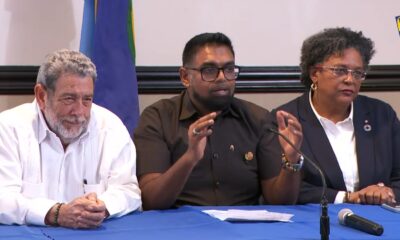
 Caribbean News1 week ago
Caribbean News1 week ago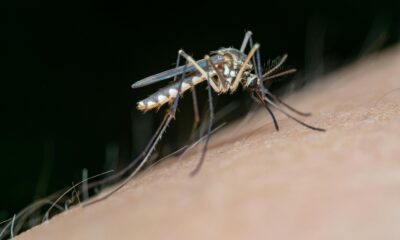
 Health1 week ago
Health1 week ago
 Health1 week ago
Health1 week ago
 Caribbean News5 days ago
Caribbean News5 days ago
 Caribbean News2 days ago
Caribbean News2 days ago
 Health1 week ago
Health1 week ago
 Caribbean News5 days ago
Caribbean News5 days ago
